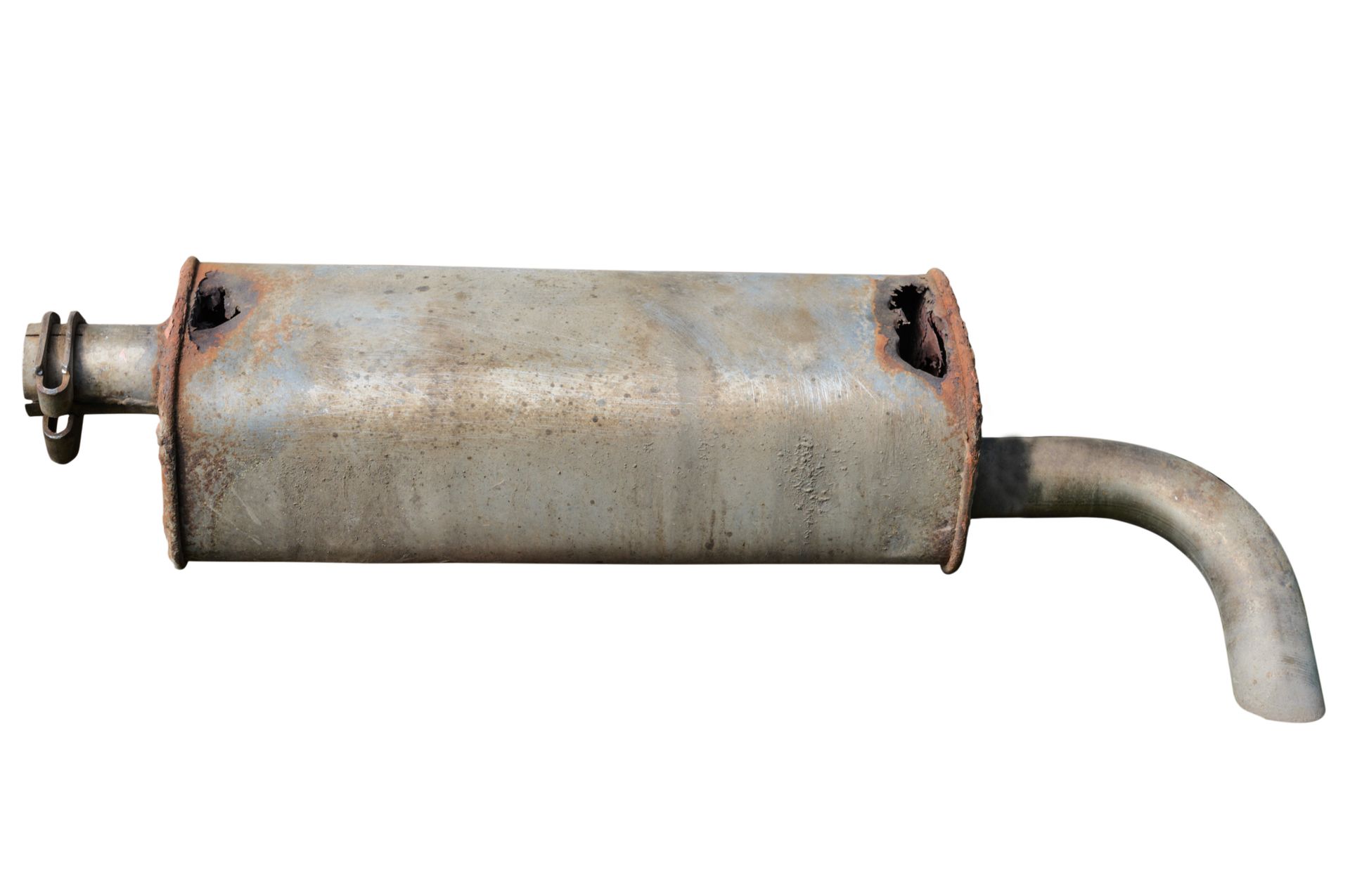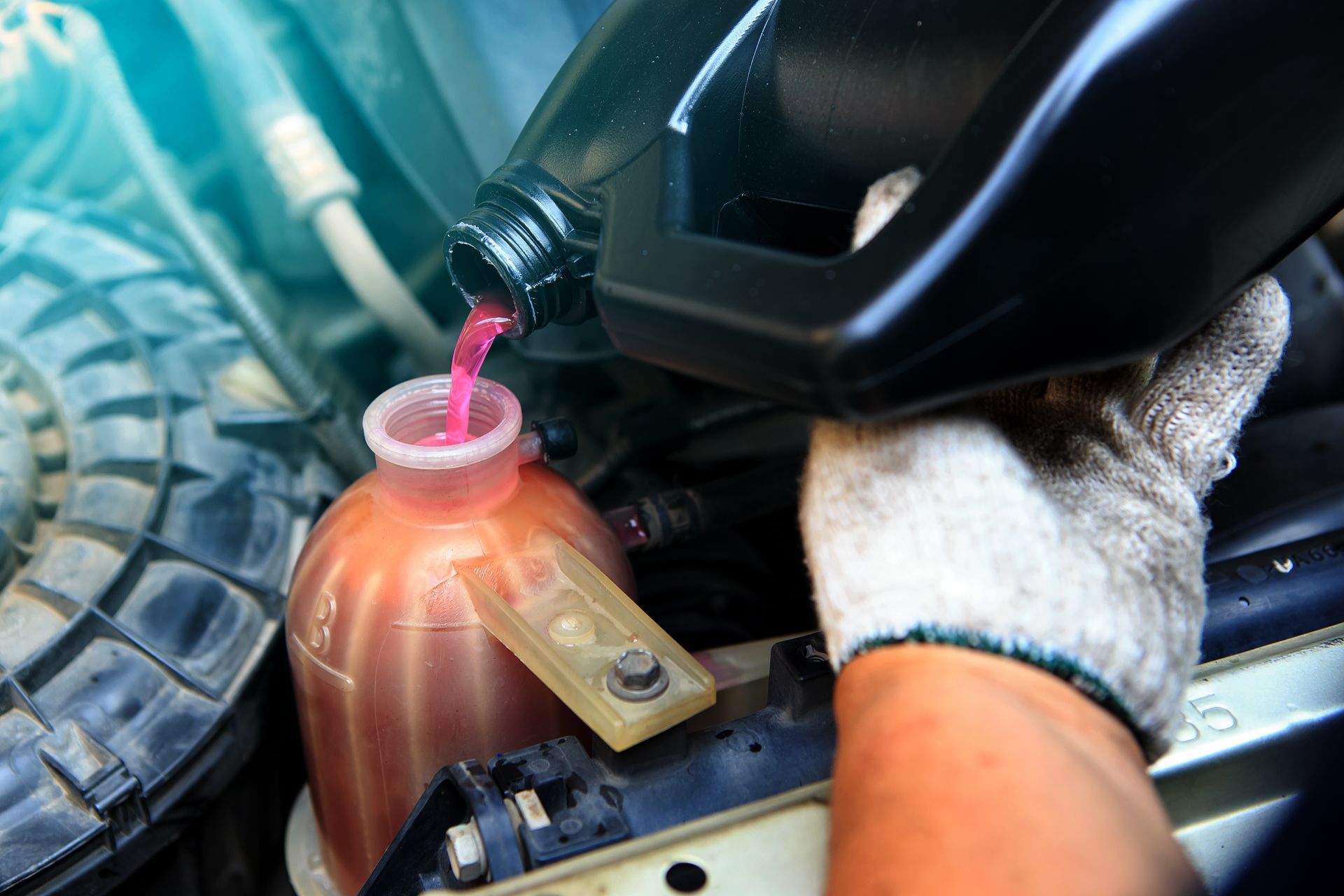
The term “spongy” brake pedals simply means that your brake pedals feel squishy, soft, and generally slow responding. While you may try to brush it off, a sponge-like brake pedal is extremely dangerous as it alters your car’s stopping power or time. Read on to learn what could be causing your spongy brake pedals.
1. Loose or Leaky Brake Lines
If the brake fluid lines are loose or holy, it will cause a brake fluid leak. When your braking system loses the hydraulic pressure, your braking power will decrease.
2. Worn Brake Components
Another explanation for your spongy brake pedal is a potential mechanical problem with the brake parts themselves. Your braking system is complex and comprises many parts, including brake pads, calipers, and more.
3. Problem with the Power Booster
The power booster assists you with easy braking. Otherwise, you’d have to apply a lot more pressure to stop your car. If there is an issue with this piece, it can cause the brake pedal to feel squishy.
4. Air in the Brake Lines
Air is a major contaminant when it comes to the braking system. When there are pockets of air stuck in the system, the pressure won’t come out correctly. It is important to have your brakes bled as soon as possible to restore your brakes.
5. Master Cylinder
The master cylinder is the component in charge of supplying the hydraulic pressure for the braking system. A spongy brake pedal can mean that there is a leak in the cylinder.
If you notice an unusual feeling with your brake pedal, it's important to have your vehicle properly inspected by a professional as soon as you can. We want you to be safer on the road, which is why we invite you to Torque Automotive today.











